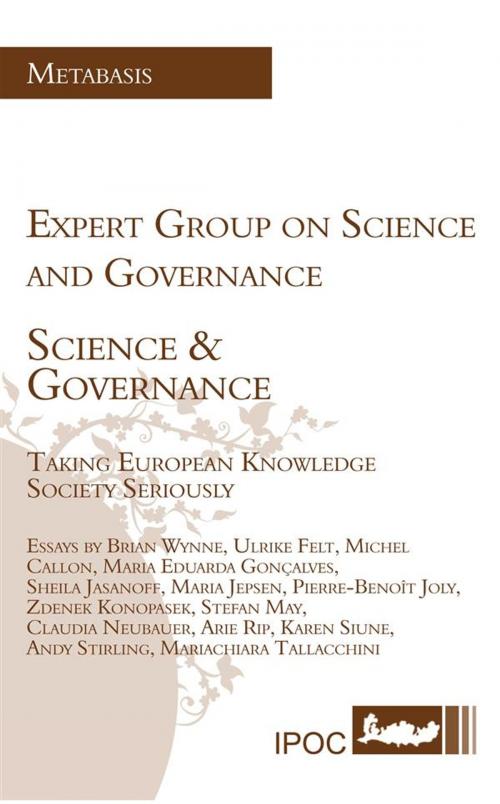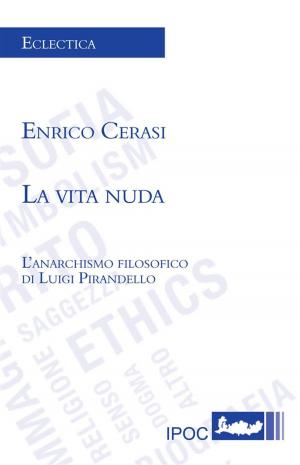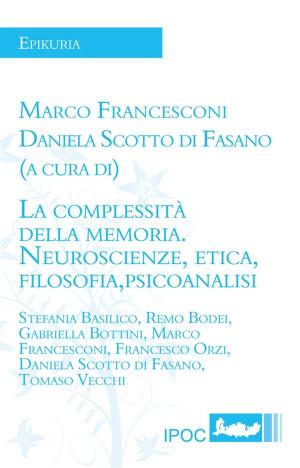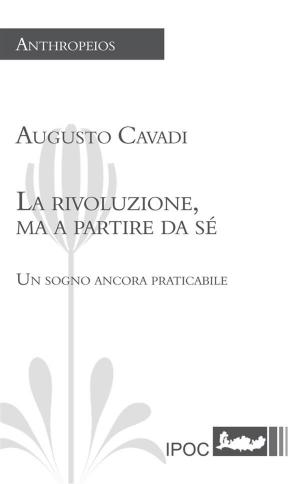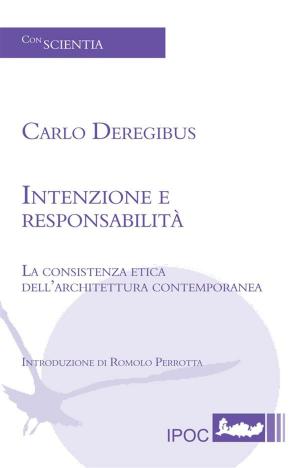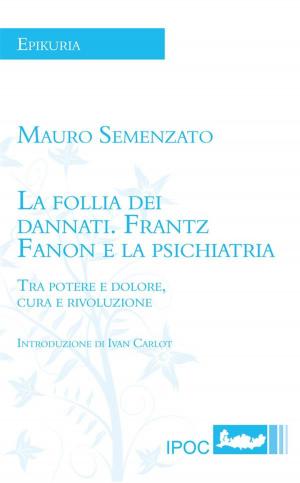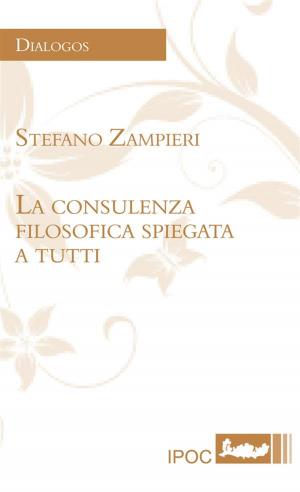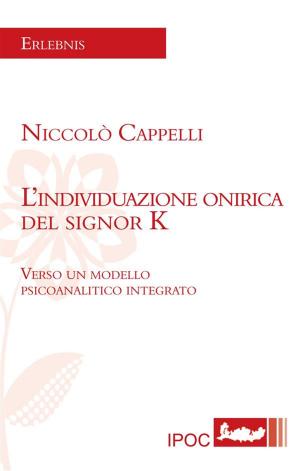Science & Governance - Taking European Knowledge Society Seriously
Nonfiction, Religion & Spirituality, Philosophy, Epistemology, Social & Cultural Studies, Political Science, Government, Civics| Author: | Various | ISBN: | 9788896732946 |
| Publisher: | IPOC Italian Path of Culture | Publication: | April 17, 2013 |
| Imprint: | Language: | English |
| Author: | Various |
| ISBN: | 9788896732946 |
| Publisher: | IPOC Italian Path of Culture |
| Publication: | April 17, 2013 |
| Imprint: | |
| Language: | English |
“This report is the product of an expert working group acting under mandate from the European Commission Directorate General for Research (DG RTD), on the topic of European science and governance. We interpreted our mandate to have three main concerns:
- how to respond to the widely-recognised problem of European public unease with science, especially in relation to new science-based technologies;
- how to further the stated EU commitment to improve the involvement of diverse elements of democratic civil society in European science and governance;
- how at the same time to address urgent European policy challenges that are often taken as strongly scientific in nature – including climate change, sustainability, environment and development....
The working group was composed of scholars from the academic field of science and technology studies (STS) and related areas of philosophy, sociology, policy analysis and law, as well as participants from public interest and labour organisations. We were asked to provide insights which might improve the treatment of these governance challenges, both in Europe and more broadly, as well as to make specific practical recommendations where appropriate.”
The building of a “knowledge-based society” necessarily implicates analysis and criticism of the relationship between society and techno-scientific innovation. If we maintain that the function of such innovation ought to be the general enrichment of human existence and not solely the profit of a few, then relevant discourse cannot be limited to scientists or politicians. The difficulty, in fact, lies not in discovery but in discovery’s application. What are the ramifications of a discovery or innovation? What benefits does it bring with it? What world do we seek to build? The ability to make responsible choices for our planet and for future generations requires us to construct new forms of democratic debate in which all components of society have a voice. This study examines these issues and their implications.
“This report is the product of an expert working group acting under mandate from the European Commission Directorate General for Research (DG RTD), on the topic of European science and governance. We interpreted our mandate to have three main concerns:
- how to respond to the widely-recognised problem of European public unease with science, especially in relation to new science-based technologies;
- how to further the stated EU commitment to improve the involvement of diverse elements of democratic civil society in European science and governance;
- how at the same time to address urgent European policy challenges that are often taken as strongly scientific in nature – including climate change, sustainability, environment and development....
The working group was composed of scholars from the academic field of science and technology studies (STS) and related areas of philosophy, sociology, policy analysis and law, as well as participants from public interest and labour organisations. We were asked to provide insights which might improve the treatment of these governance challenges, both in Europe and more broadly, as well as to make specific practical recommendations where appropriate.”
The building of a “knowledge-based society” necessarily implicates analysis and criticism of the relationship between society and techno-scientific innovation. If we maintain that the function of such innovation ought to be the general enrichment of human existence and not solely the profit of a few, then relevant discourse cannot be limited to scientists or politicians. The difficulty, in fact, lies not in discovery but in discovery’s application. What are the ramifications of a discovery or innovation? What benefits does it bring with it? What world do we seek to build? The ability to make responsible choices for our planet and for future generations requires us to construct new forms of democratic debate in which all components of society have a voice. This study examines these issues and their implications.
